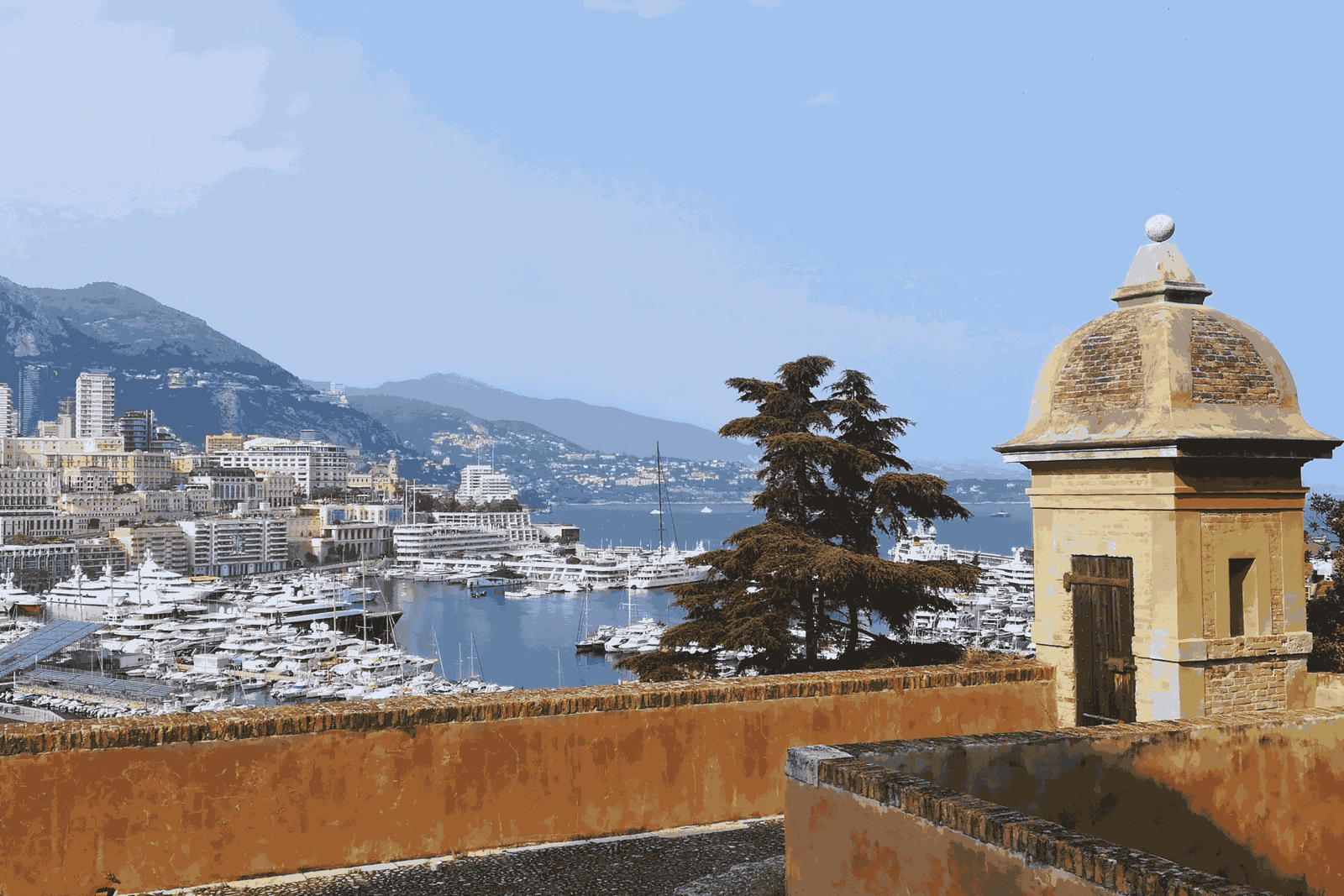
Experience the elegance of Monaco — from Monte Carlo’s glamour to serene sea views. Explore attractions, local cuisine, and travel tips in our compact guide.

Experience the elegance of Monaco — from Monte Carlo’s glamour to serene sea views. Explore attractions, local cuisine, and travel tips in our compact guide.